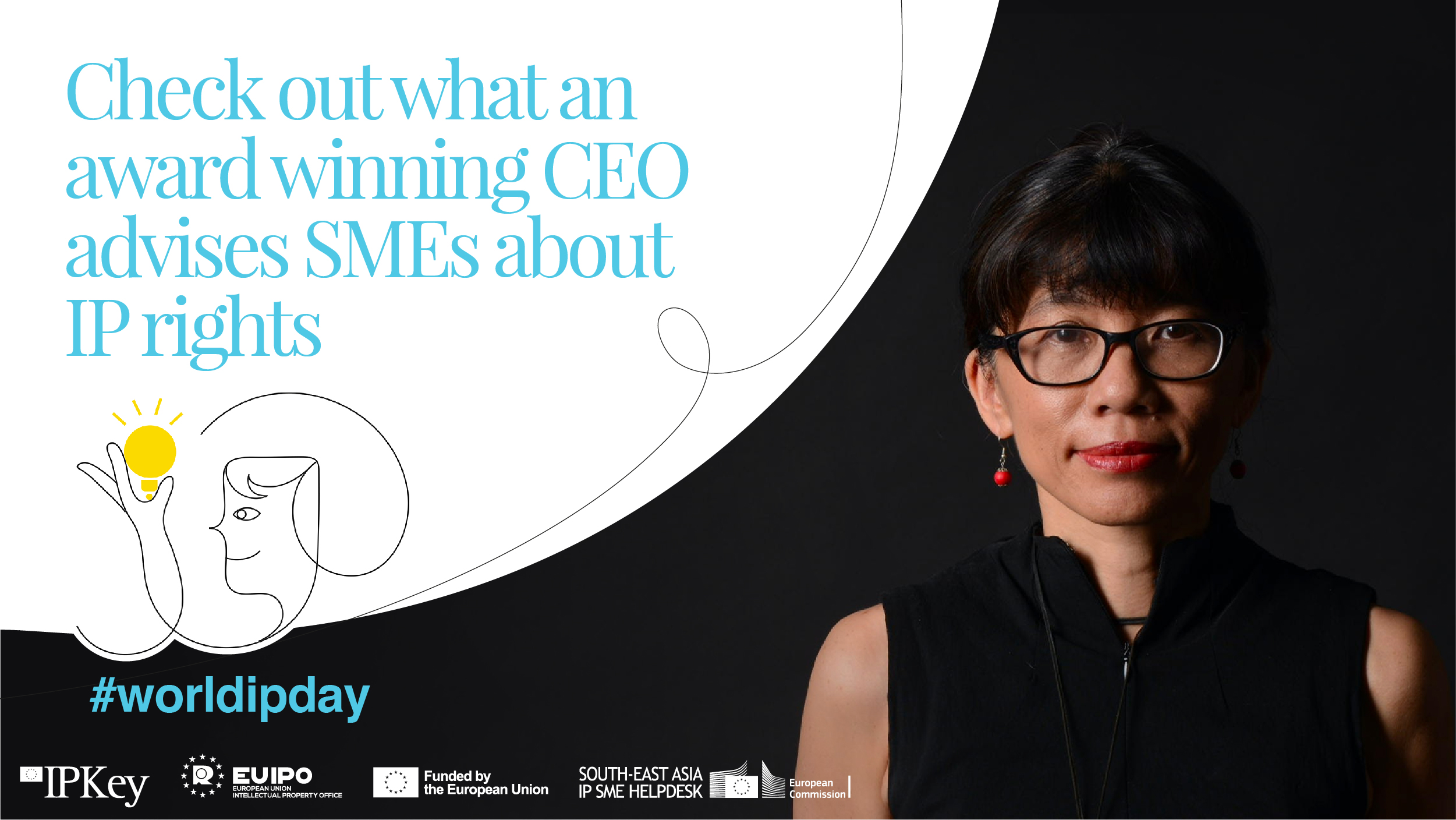Intellectual property rights for SMEs: A roadmap for growth in uncertain times
Every business starts with an idea. That idea is an essential intellectual property asset that can drive business development, economic prosperity and human progress. While the opportunities are enormous, each business, regardless of its size, is focused on a core product or service that differentiates itself from other enterprises and competitors. Protecting an idea is protecting a business and the role that intellectual property rights’ (IPR) ownership plays cannot be underestimated in securing the future of small- and medium-sized enterprises (SMEs).
SMEs are the backbone and drivers of the global economy. A
Ms My Holland is founder and CEO of EQuest Asia and is acutely aware of the importance of IPR ownership and its value as a business asset especially in navigating through these challenging times. As a company that assists emerging leaders in Viet Nam to boost their leadership abilities through training and coaching, IPR ownership lies at the very core of safeguarding her business. As Ms Holland explains, ‘we had to become very agile, very quickly and be creative in our delivery’ throughout the pandemic. This involved being adaptive and creative by moving delivery and training services online in Viet Nam. IPR ownership has been crucial to leveraging and consolidating EQuest Asia’s reputation in the Viet Namese market, one of several markets in the South-East Asia region, which is becoming a global innovation hub with many international businesses expanding their operations there.
EQuest Asia has been operating in Viet Nam since 2018. Business knowledge transfer and consulting services drive the business. Ms Holland recognised the importance of registering all the services offered by her company to protect against IPR infringement. While it can be difficult to protect intangible services such as training content, Ms Holland notes that ‘it is essential to show that we own the idea, the concept and that we are original thought leaders’. Having won the prestigious ‘Eurocham 2020: Best Entrepreneur Business Award in Viet Nam’ in 2020, the company is getting more and more attention leading to situations where ‘other companies often attempt to copy our methodology and approaches’.
The benefits of IPR ownership extend well beyond the traditional boundaries of preventing counterfeiting and infringement. It plays a vital role within production and innovation systems while also facilitating the efficient functioning of markets and greater cooperation networks.
As Ms Holland explains, ‘the knowledge economy is becoming the new raw material and production output for many companies. SMEs are not always aware of the significant and positive impacts that IPRs can have on their future growth and economic stability’.
Indeed, for some SMEs, the thoughts of registering IPRs can seem like an administrative mountain to climb. With support from the South-East Asia IP SME Helpdesk, an initiative from the European Commission supporting European SMEs to protect and enforce their IP in South-East Asia, it provided EQuest with the materials to navigate through the process. Ms Holland also met in person with the South-East Asia IP SME Helpdesk IP Business Adviser to discuss IP protection in Viet Nam. Ms Holland’s advice to those SMEs who have not yet acquired IPR ownership is to ‘dive in and invest their time in doing it’.
In this regard, Benoît Tardy, IP Business Adviser of the South-East Asia IP SME Helpdesk, shared that ‘the best IP strategy is to know and understand your assets, identify the type of IP rights which may protect your business and then combine different layers of protection’.
Mr Tiago Guerreiro, Project Leader of IP Key South-East Asia, an EU-funded project supporting IP rights protection and enforcement across South-East Asia, added that ‘a proactive approach is essential to safeguarding the core ideas of SMEs through IPR ownership, in order to facilitate building stronger, more competitive and resilient businesses especially during times of great economic certainty’.
After consulting with the Helpdesk, EQuest reacted quickly to protect and strengthen its business by acquiring intellectual property ownership at an early stage. It has been able to capitalise on its reputation by acting proactively to ensure that the services and trade marks they provide are registered. Ms Holland’s advice is clear for companies yet to decide on protecting their ideas and possible future growth. ‘Better to be proactive and do the paperwork than to regret underestimating the risks.’
